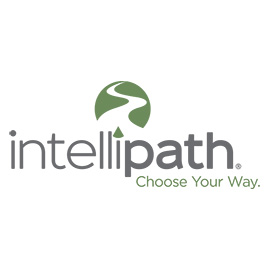5 Ways Adaptive Learning Can Help Online Students

Have you ever used a tutor to improve a grade or learn something that you just couldn’t master in a fast-moving or difficult class? One reason this approach is so effective is that a tutor can assesses how you are performing and adapt to the way you learn by tailoring lessons to your needs, reinforcing missed concepts and skipping over material that you already know.
In the online learning environment, adaptive learning works in much the same way - in fact, it is modeled after this type of learning scenario.
The similarities between traditional and online learning don’t end there. Just like traditional classes, online classes can move quickly. If you don’t keep up, you can fall behind, especially with difficult subject matter. The difference is that often in the online world, getting that extra reinforcement is entirely up to the student. So how can a good adaptive learning platform help online students?
- It’s Personalized
Adaptive learning refers to a computer-based learning platform that figures out what you already know and what you still need to learn through a series of assessment questions and activities. It’s like an online tutor and a study guide all in one. What makes this technology so special is that it is designed to figure out your strengths and weaknesses and keeps you working on what you need to improve. - It’s Accessible
The best adaptive learning platforms are available to students anytime, anywhere, accessible 24/7 from any web-enabled device. Having online access means that students can run through lessons on their own time and review material as it fits their schedule. These programs should let you learn in the way that you learn best- by reading, watching or listening to course materials. The ideal platform gives you control of how, when and where you learn for ultimate flexibility and freedom. - Individualized support
Adaptive learning is not a stand-alone component of online education, and it doesn’t take the place of a professor, live chat discussions, lectures, message boards and group projects. What it can do is complement your online instruction and help you learn what you need to know. Any adaptive learning program should be supported by an engaged and accessible professor. In fact, your progress and performance in your adaptive learning modules should be visible to your instructor. That way, he or she can reach out to you and offer you one-on-one help when you need it. - You Can See Your Progress in Real Time
One of the most advantageous features for students using adaptive learning is the regular feedback — the ability to know where they are in real time on assignments. The best adaptive learning programs will assess what you know by asking a series of questions and then generating a learning map that you can follow throughout the module. Seeing what you have skipped over and what you have to concentrate on reinforces your progress and offers encouragement as well. - You Can Learn More Efficiently
We’ve all been bored by classes that spent too much time on material we’ve covered before. Adaptive learning aims to address that problem by skipping over what a student already knows and focusing the coursework on what you need to learn. This approach keeps students challenged, combats boredom and saves students’ precious study time.